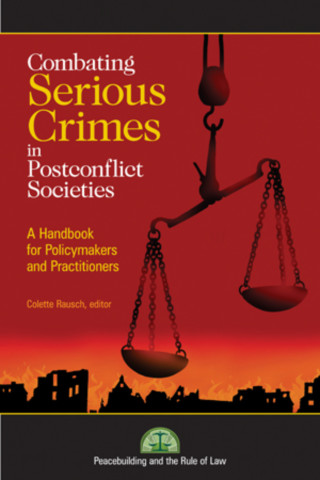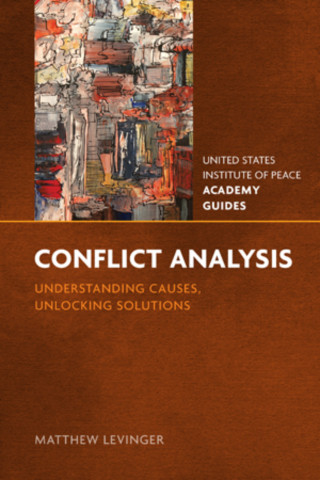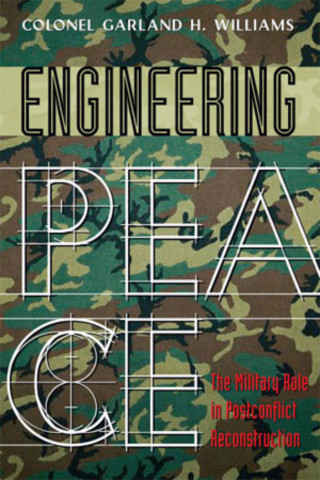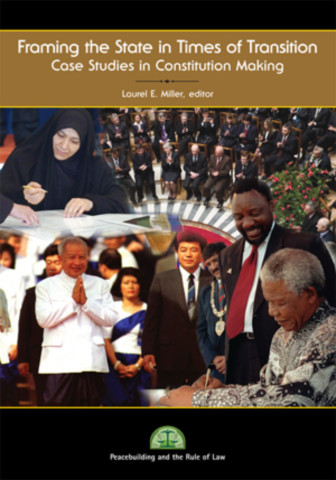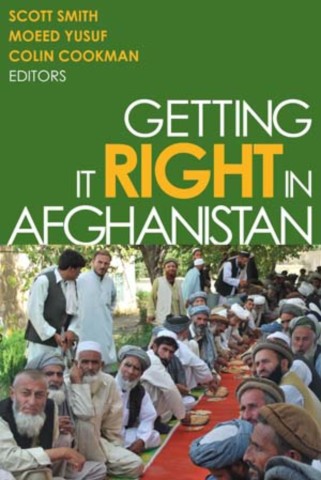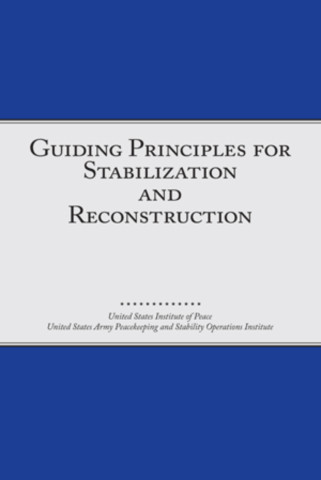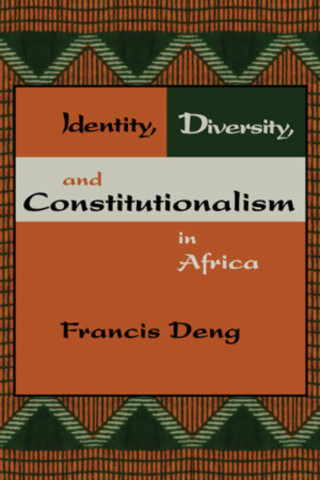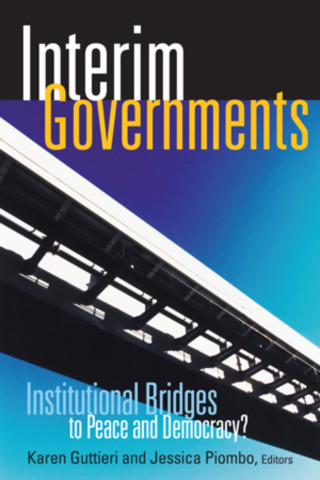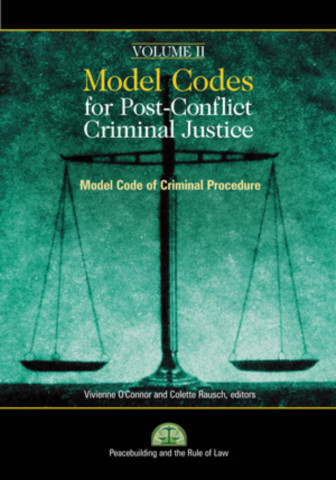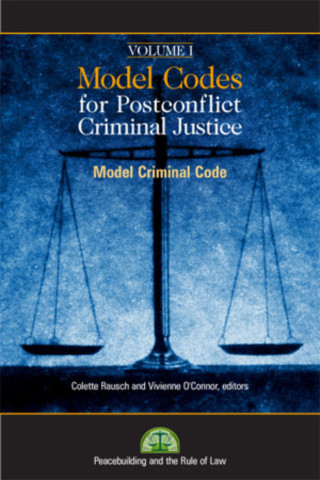Catalog
- Sort by
Adalbert Gross, Michael E. Hartmann, Deborah Isser, Andrew Mackay, Vivienne O'Connor, David C. Ralston and Colette Rausch
Presents broad guidelines and specific prescriptions for combating serious crime in societies emerging from conflict.
Conflict Analysis: Understanding Causes, Unlocking Solutions is a guide for practitioners seeking to prevent deadly conflict or mitigate political instability. This handbook integrates theory and practice and emphasizes the importance of analyzing the causes of peace as well as the causes of conflict. It stresses that conflict analysis is a social as well as an intellectual process, helping practitioners translate analysis into effective action.
In this timely work, Colonel Garland Williams analyzes the postconflict reconstruction gap in three case studies—Bosnia, Kosovo, and Afghanistan—and shows how military engineering brigades accompanying peacekeeping contingents can be put to use immediately after the conflict ends to restore vital infrastructure and social institutions.
Analyzing nineteen cases, Framing the State in Times of Transition offers the first in-depth, practical perspective on the implications of constitution-making procedure, and explores emerging international legal norms.
Building an enduring and stable political consensus in Afghanistan's complex, multiactor environment requires clear analysis of the conflict. Getting It Right in Afghanistan addresses the real drivers of the insurgency, how Afghanistan's neighbors can contribute to peace in the region, and the need for more inclusive political arrangements in peace and reconciliation processes.
Guiding Principles for Stabilization and Reconstruction presents the first-ever, comprehensive set of shared principles for building sustainable peace in societies emerging from violent conflict. The manual serves as a tool for U.S. government civilian planners and practitioners engaged in stabilization and reconstruction (S&R) missions and is a valuable resource for international actors and nongovernmental organizations.
In this innovative and stimulating volume, Francis Deng outlines a new relationship between governments and societies—a relationship informed by Western concepts but based on traditional African values such as respect for human dignity, equality, and self-rule.
This edited volume by Karen Guttieri and Jessica Piombo explores various aspects of the newly emerging range of interim regimes, focusing on issues of legitimacy, conflict management, and the increasing participation of the international community in transitions from war to peace.
Volume II of Model Codes for Post-Conflict Criminal Justice continues the path-breaking work of volume I, providing an indispensable resource for those striving to reestablish the rule of law in societies recently wracked by violent conflict.
Of unparalleled breadth, depth, and authority, the Model Codes for Post-Conflict Criminal Justice is a criminal law reform tool tailored to the needs of countries emerging from conflict. Its three volumes present four complete legal codes that national and international actors can use to create, overhaul, update, or plug gaps in the criminal laws in individual post-conflict states. Each volume offers not only substantive legal provisions but also expert commentary that explains wording choices, elaborates on the content of the provisions, and highlights associated considerations and reforms.
This volume, the first to be published (the second and third volumes will appear in spring 2008 and spring 2009), opens with a User’s Guide that explains the development, purpose, and content of the book, and then lays out a comprehensive Model Criminal Code. The code is divided into two parts: a “General Part” that contains general principles of criminal law and penalties, and a “Special Part” that presents a catalog of criminal offenses, including those such as sexual offenses, organized crime, and corruption that are particularly common or destabilizing in post-conflict environments.
The Model Codes for Post-Conflict Criminal Justice is the culmination of a six-year project spearheaded by the United States Institute of Peace and the Irish Centre for Human Rights, in collaboration with the UN Office of the High Commissioner for Human Rights and the UN Office on Drugs and Crime. More than two hundred experts and practitioners from across the world were involved in the drafting, vetting, and revision of the provisions and their commentaries. This enormous breadth of expertise has allowed the Model Codes to draw on lessons learned in a variety of post-conflict states and from the laws of a remarkable variety of the world’s legal systems and traditions. The result is an indispensable resource for those striving to reestablish the rule of law in societies recently wracked by violent conflict.
—Each copy of this volume contains a CD of the complete text.

